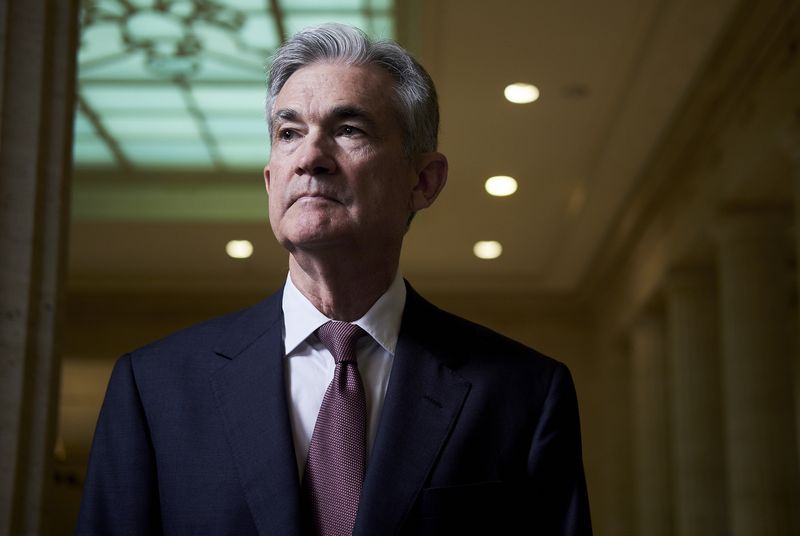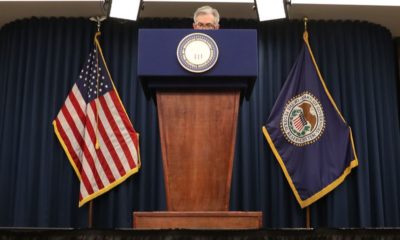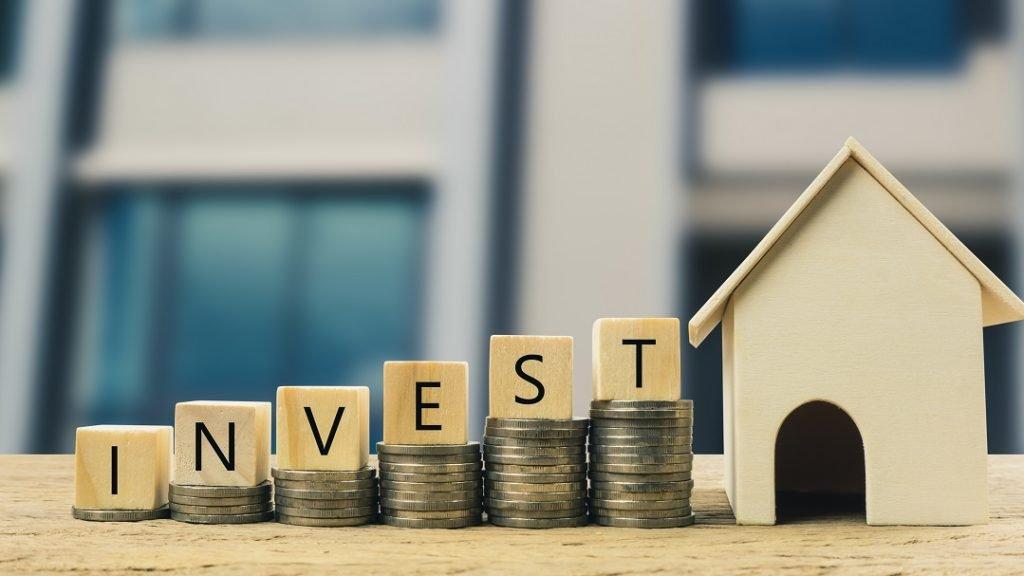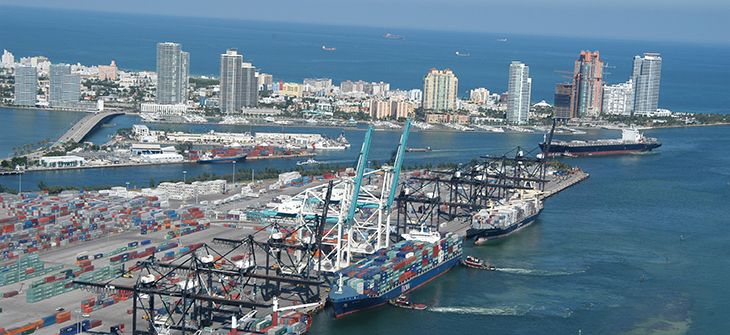British International Investment (BII), the UK’s development finance institution and impact investor, today announced a $25 million risk sharing facility with Ecobank Sierra Leone to boost private sector growth in high-impact sectors of the economy.
The risk sharing facility, which includes a comprehensive technical assistance programme, will support Ecobank to increase lending to ambitious businesses in a frontier market where economic growth is hampered by lack of capital and investment.
The private sector is crucial to Sierra Leone’s economy and mainly comprises small and medium-sized enterprises (SMEs) who provide employment for about 70 per cent of the population. However, they struggle to gain access to capital due to various factors including limited availability of suitable financial products, high collateral requirements, high interest rates and the prevalence of short-term loans.
The new facility will support local currency lending, demonstrating BII’s ability to act as the first mover in frontier markets and drive impact through pioneering risk navigation strategies. The investment will help Ecobank Sierra Leone to grow its loan book by increasing credit limits and extend lending tenors to up to five years, which are not otherwise available in the market. This is expected to boost business growth, create more jobs and increase private sector contribution to Sierra Leone’s economy.
The transaction marks a significant milestone as the first investment under the Africa Resilience Investment Accelerator (ARIA), which is a collaborative initiative launched by BII and co-funded with FMO, the Dutch entrepreneurial development bank, to boost investment in frontier markets such as Sierra Leone.
The Sierra Leone economy faces challenges including a depreciating currency driven by high inflation, a large trade deficit due to over-reliance on imports, and insufficient investment in infrastructure and services. BII’s investment aims to spur economic growth and development by targeting critical sectors including renewable energy, agriculture, agro-processing, infrastructure and manufacturing.
The announcement builds on a $50 million trade finance facility between BII and Ecobank in 2021, which helped the bank to deepen its reach across Africa and support supply chains in frontier markets such as Burkina Faso, Chad and Togo.
UK Minister for Development, Anneliese Dodds said: “I am delighted to see BII announce this new risk sharing facility with Ecobank Sierra Leone. This agreement will support local currency lending, bringing much-needed capital into sectors with a high development impact, thereby contributing to job creation and economic growth. This is yet another example of BII innovating to address risks and enable development in frontier markets.”
Samir Abhyankar, MD and Head of Financial Services, BII, commented: “The signing of this agreement with Ecobank Sierra Leone underscores BII’s pioneering role to lead investments in countries that are often overlooked by investors. The facility will be a game-changer for Sierra Leone, providing much-needed capital for ambitious local businesses to accelerate their growth, spur job creation and deepen impact. It’s an example of BII innovating and working with partners to help address pressing challenges where it matters the most.”
Sebastian Ashong-Katai, Managing Director, Ecobank Sierra Leone, said: “We are delighted to have secured the support of British International Investment in boosting Ecobank’s vital lending capacity for Sierra Leone businesses who are the engine room for our country’s growth, economic development and employment. This further strengthens our intent to be the bank of choice for Sierra Leone’s businesses and leverages our delivery of world class products, services, solutions, borderless digital pan-African platform and business skills training which are designed to support them in further growing their businesses.”
Alex Kucharski, BII’s Head of West Africa for ARIA, added: “ARIA aims to unlock investment in Sierra Leone, a market full of potential. We are delighted to have enabled the investment by British International Investment into Ecobank Sierra Leone, which will bring much needed growth capital to underserved businesses in the country, showing that more investment is possible.”


 Naira4 weeks ago
Naira4 weeks ago
 News3 weeks ago
News3 weeks ago
 Education4 weeks ago
Education4 weeks ago
 Social Media4 weeks ago
Social Media4 weeks ago
 Technology4 weeks ago
Technology4 weeks ago
 Dividends4 weeks ago
Dividends4 weeks ago
 Investment4 weeks ago
Investment4 weeks ago
 Economy4 weeks ago
Economy4 weeks ago
























